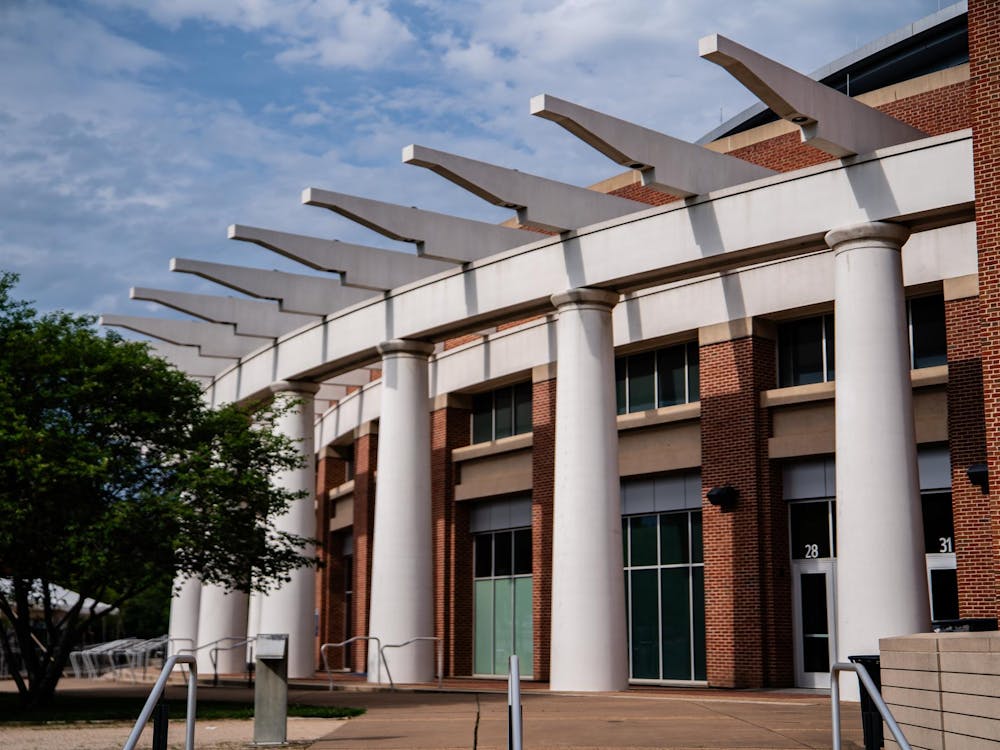The price tag of a college education just keeps going up.
Tuition and fees at four-year public colleges and universities nationwide increased 3.4 percent in 1999. Tuition rose again this year, this time by 4.4 percent, the College Board reported Monday.
But at the University, the majority of students have not been affected by the overall increase. In-state students, who make up 65 percent of the student body, continue to pay $4,335 tuition, excluding room and board, because of a statewide tuition freeze instituted by Gov. James S. Gilmore III in 1998. Out-of-state students, however, pay a tuition bill that has increased by 5 percent since last year - slightly above the national average. Out-of-state tuition was billed at $17,585 for the 2000-2001 academic year.
The demand for higher quality technology, health and energy services at four-year institutions caused the hike, higher education experts say. Schools such as the University have seen a general rise in the cost of education as a result of the demand for these services.
In response to the tuition increase, the Federal government has been working to increase the amount of funding available to students in the form of Pell Grants - aid intended for students whose yearly family contribution is less than $3,200.
This year, the average grant and loan given by the University to qualifying students has increased by nearly $500. But Sharlene Sajonas, assistant director of financial aid, however, reported the increase in loans is misleading. Not as many of this year's entering first-year students did not qualify for financial aid as previous years' classes.
The increase in loans appears to stem from families that cannot put out cash for tuition immediately and instead are turning to the Federal government, which offers a competitive loan rate that can be paid back within 10 years, Sajonas said.
In Virginia, politics plays an important role in the tuition increase for out-of-state students.
As the state economy improved under Gilmore, it became good politics to use the government surplus to freeze in-state tuition, Education School Dean David W. Breneman said. But that benefit for in-state students comes at a cost to the overall quality of the University's education.
"The freeze may have made some sense when it was initially produced, but it has gone on too long," Breneman said. "So it's a trade-off: would students rather pay more for a stronger school or pay a little less for a school that's not as strong"






